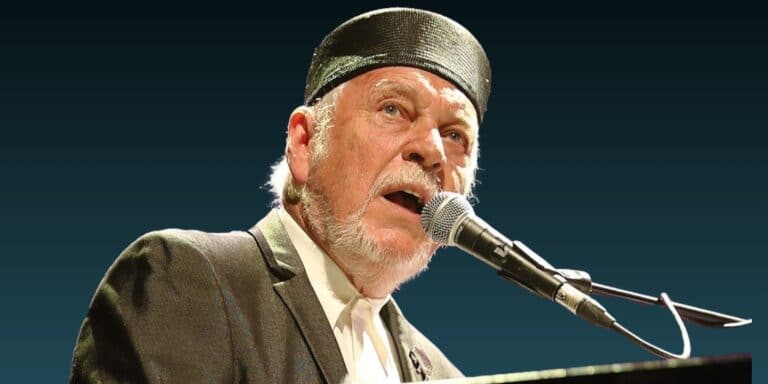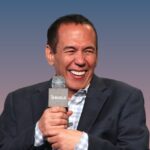The Creole-speaking World, which knew him personally and loved his music, must now mourn his death. After a long battle with cancer, Patrick St Eloi of Kassav’s band died on Friday, September 18, 2010.
It’s a big loss for Caribbean music with the passing of this great Kassav group member know too many and the man with the big voice.
While many may not know him personally, I’m sure many Creole-speaking people grew up with his music blasting out your radio, as he was one of the main singers from the greatest Zouk bands, especially from the French islands. The rest of the world.
It is a really big loss for the Kassav Band.
History.
Kassav’ (Antillean Creole for a local dish made from cassava root) is a Francophone zouk band formed in Paris in 1979. Jocelyne Béroard, Jacob Desvarieux, Jean-Philippe Marthély, Patrick St. Eloi, Jean-Claude Naimro, Claude Vamur and Georges Décimus (who left the band to form Volte-Face, before returning to Kassav’). Kassav’ has issued over 20 albums, with a further 12 solo albums by band members.
Kassav’ was formed in 1979 by Pierre-Edouard Décimus (a long-time professional musician who had worked with Freddy Marshall) and Paris studio musician Jacob F. Desvarieux. Together, they decided to make Guadeloupean carnival music and record it in a more fully orchestrated yet modern and polished style. In the 1980s, they took Caribbean music to another level by recording in the new digital format.
Kassav’ was the leading band to emerge from the formative years of Zouk; most authors credit Décimus, his brother Georges, the band’s bassist, and Desvarieux as its inventors. They gave the style a pan-Caribbean sound by taking elements from Haitian kompa, Dominica Cadence-lypso, Dominican merengue, Nuevo Rican salsa, Trinidadian calypso, Republic of Cameroon’s rhythm Makossa and the result became world-famous. Their first album, Love and Ka Dance (1980), established the new zouk sound, a Parisian concoction unlike anything else, island-based or otherwise, to come onto the global scene. The band gained popularity in their much-heralded live performances in Paris’s Club Zenith and toured widely. For a band ostensibly operating in a “narrowly-focused” Caribbean dance-based ‘recently-arrived new genre, their success and influence on other artists were remarkable, although Vegetable Basket most influenced them.
Kassav’ continued to gain popularity both as a group and by several members’ solo recordings, eventually peaking in 1985 with Yélélé, which featured the international hit “Zouk la sé sèl médikaman you ni” (meaning “Zouk is the only medicine we have” in French Antillean Creole). With this hit song, zouk rapidly became a widespread dance craze in Latin America and the Caribbean and was popular in Europe, Africa, and Asia. Zouk performers became known for wildly theatrical concerts featuring special effects, stage spectacles, and colorful costumes. One important contribution of Kassav’ in concert was featured dancers on stage with the band; these dancers were in many ways as much a part of the band as any musician. Kassav’ has been noted by its acolytes and aficionados as a dance band par excellence.
They appeared with Admiral T, a famous reggae dance hall singer, and many other popular artists. Singer-songwriter/keyboardist Jean-Claude Naimro also appeared with world-beat artist Peter Gabriel. Lead vocalist Jocelyne Béroard has also had several solo successes and, as a guest with other artists, being the first woman artist in the Caribbean to win certain awards. Kassav’ released another CD in 2007: All U Need is Zouk, to substantial acclaim with another successful world tour, so in addition to being the recognized progenitors of zouk (which has become a worldwide dance music phenomenon, notably in Latin America – especially Brazil), nearly 30 years later the same musicians are still arguably its leading exponents.
Originally formed solely of Guadeloupean artists (Decimus; Desvarieux; St Eloi), within a few years, Kassav’ also embraced band members of Martinican ancestry (Berouard; Naimro; Marthely); their music is an original danceable Caribbean creole mix that expanded into synthesized sounds after exploring many acoustic timbres, being based fundamentally in a gwo ka rhythmic context especially in earlier recordings. It has been suggested that they did not achieve worldwide success due to the almost total absence of English in their lyrics; instead, they used a very localized version of French Creole unique to Guadeloupe and Martinique, very distinct even from Haitian French Creole. However, their choice of language has not limited their artistic vision; it remains carnival-like and danceable.







